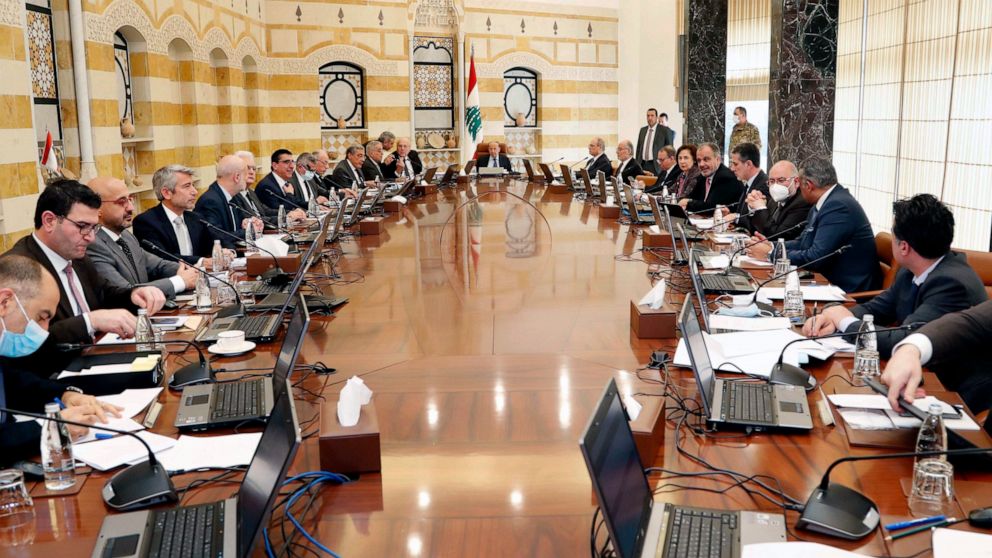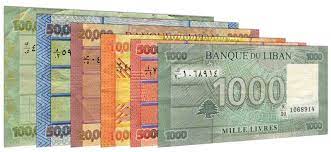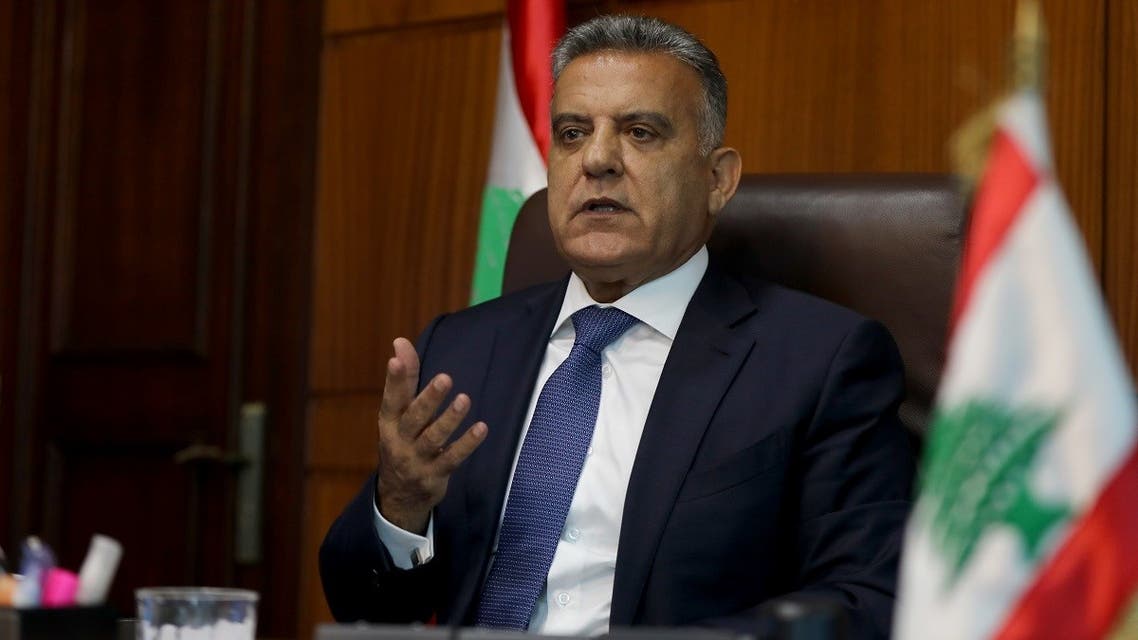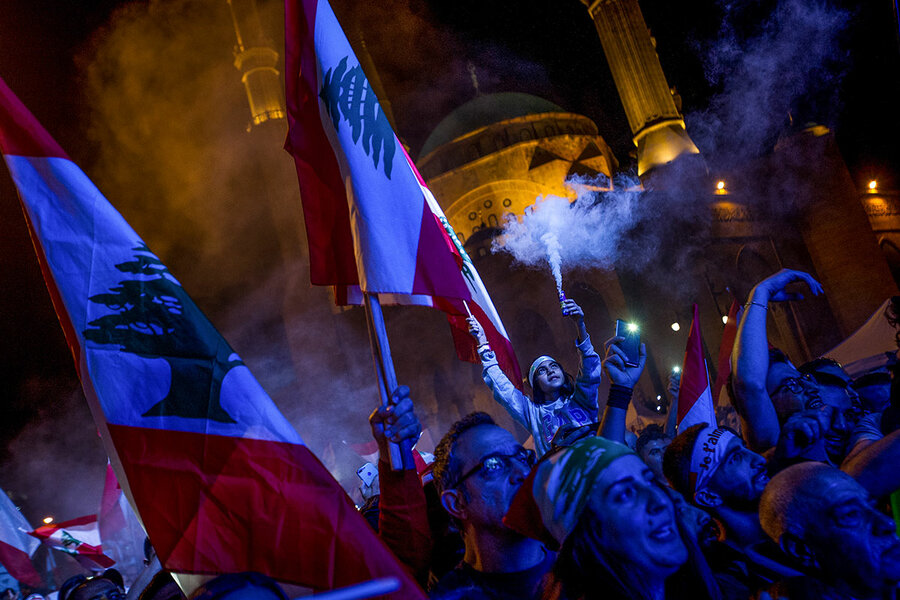
دعوا النوّابَ يَعُدّون أسماءَهم ويُوزِّعونَها على كُتلٍ حقيقيّةٍ ومجازيّة، دَعوهم يَفرَحون برفعِ السواترِ من محيطِ مجلسِ النوّاب على أمل رفعِ الستائرِ عن مواقفِهم. دَعوهم وتعالوا نَبحَثْ عن مصيرِ لبنانَ المتَمايِلِ بين مشروعَي الأكثريّةِ والأقليّاتِ في الشرقِ الأوسطِ وليس بين الأكثريّةِ والأقليّةِ في المجلسِ النيابيّ. نحن اللبنانيّين مجموعةُ أقليّاتٍ فَشِلنا في أن نُكوِّنَ أكثريّةً جامعةً ونَكُونَ شعبًا موحَّدًا. مَكَثنا في زمنِ المدائن والكنائس والمآذِن. وحين لامَسَت التجربةُ اللبنانيّةُ النجاح، انتَصَبت المطالبُ الطائفيّةُ عِوضَ الإعجابِ بمن نَجحوا وهُم من جميعِ الطوائف. لم تَبقَ تُهمةٌ لم تُلصَقْ بتلك الدولةِ النُخبويّةِ التي صَنعَت مجدَ لبنان وحَمَت شعبَه وحدودَه من دونِ طلقةِ نار. كان زمنُ: “قُلْ كلمةً واحدةً فتَحيا بها نفسي”…
كان الذَكاءُ صواريخَنا العابِرة، والحِيادُ مُسيّراتِنا، والنظامُ المصرِفيُّ شبكةَ أمانِنا، والاقتصادُ المتنوِّعُ كَفافَ أجيالِنا، والديبلوماسيّةُ أوراقَ اعتمادِنا، والميثاقُ استراتيجيّتَنا الدفاعيّة، والازدهارُ سلاحَنا المدَمِّر… يومَها كانت قوّةُ لبنان في مناعتِه لا في ضُعفِه. يومَها كان العالمُ العربيُّ والدُوليُّ يَعتبر لبنانَ حاجةً فيما اعتبرَه بعضُ بَنيه عالةً. يومَها كان العالمُ العربيُّ يدفُقُ الأموالَ والاستثماراتِ، والغربُ يَتدخّلُ حتى عسكريًّا للحفاظِ على لبنان. يومَها كنّا أُمّيين في تَـهْجئَةِ حروفِ اللامركزيّةِ والفِدراليّةِ والكونفدراليّة، ولم يَخطُر بِبالِنا أنَ نَفتحَ القاموسَ لنعرِفَ معاني هذه الكلمات. لم يكن ذلك حُلمًا ولا حنينًا سورياليًّا. كنا سعداءَ حتّى في خِلافاتِنا لأنّنا كنّا قادرين على احتوائِها إلى أن أتَت ساعةُ تسليمِ لبنان إلى جلّاديه. آهٍ كَم كانت أعدادُ “يَهوذا”، وكم كانت أعدادُ “بيلاطُس”…
كان القَنّاصُ “عَ المفْرق ناطِرْنا”. نيرانٌ شريكةٌ ثم شقيقةٌ ثم عدوّةٌ أصابَت لبنان؛ لكنَّ اللبنانيّين ظلّوا واقفِين وصامدين نِصفَ قرنٍ ونيِّفًا. ضَمّدوا جراحاتِهم وتَصالحوا على أساسِ ميزانِ قوى جديدٍ فتَشوَّهَت المصالحةُ وراحَ ميزانُ القِوى يَنتَقلُ من فريقٍ إلى آخَر. حاولوا تناسِي الخطايا المتبادَلةِ والشهداءِ أحيانًا والانطلاقِ من جديد. أَعطَوْا فرصةً أخرى للشَراكةِ المركزيّةِ ولوِحدةِ الكيان. لكنْ، كلمّا كان يَهتدي مُكوِّنٌ لبنانيٌّ كان يَضِلُّ مكوِّنٌ آخَر. مُشْتهى الولاءِ إلى المحيطِ القريبِ والأبعدِ كان أقوى من روحِ المصالحةِ ومَنطقِ العقلِ ونَجوى الوِجدان.
والخطورةُ أنَّ الولاءَ المتجَدِّدَ للخارج لم يَقِف، هذه المرّةَ، عند حدودِ الهَوى القوميِّ، بل تَـمدَّد حتّى التبعيّةِ المطلَقةِ وتَبنّي مشاريعَ دينيّةٍ وسياسيّةٍ وعسكريّةٍ واجتماعيّةٍ وعقائديّةٍ ضدَّ المشروعِ اللبنانيّ. والخطورةُ الأخرى أنَّ أحدَ هذه المشاريعِ الأجنبيّةِ صار دولةً مستقِلّةً على أرضِ لبنان وتُسيطرُ على دولةِ لبنانَ الشرعيّة. لكنَّ الـمُصيبةَ الكبرى أنَّ غالِبيّةَ القوى السياسيّةِ، لاسيّما حَديثو النيابةِ ودعاةُ التغييرِ الضبابيِّ، يُقاربون الأزْمةَ اللبنانيّةَ الراهنةَ بمنأى عن القضيّةِ اللبنانيّةِ التاريخيّة، ويَعتقدون أنَّ مِنَ الأرقامِ يَخرُجُ الحلُّ المعجِزة. غابت عن إطلالاتِهم الإعلاميّةِ المواقفُ الوطنيّةُ المصيريّةُ، واكتفوا بالسياسةِ اليوميّةِ والاقتصاد، وارتَضَوا المساكنةَ مع سلاحِ حزبِ الله.







